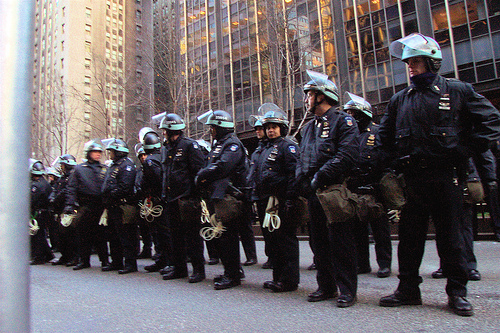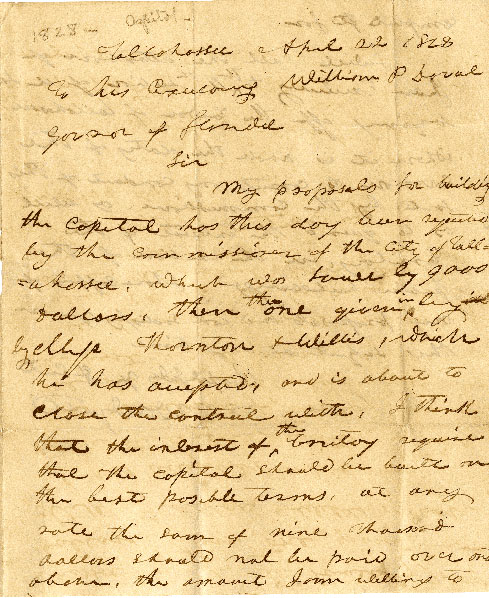
Professor Valerie Hans discusses the importance of jury representativeness and how even with some of the best practices in the country, some New York counties have a wide discrepancy between the racial makeup of their communities and the racial makeup of those who actually serve on the jury.

Police tactics in maintaining order during protest movements should be given a high degree of deference.

Cornell Law Professor and Director of the Cornell Institute for African Develpment Muna Ndulo discusses the processes needed to create a successful and lasting constitution in post-conflict states.

Mr. Krsna Avila describes how his view of himself as an American was shattered when he discovered his status as an undocumented immigrant. He describes how his status as an undocumented immigrant affected his emotions and his identity.

Professor Blume argues that that the resistance of those involved in the initial prosecution of defendants to admitting mistakes can be made and the suspicion of recanted testimony ultimately led to the execution of Troy Davis, even though substantial doubt was raised as to his guilt.

Professor Michael Dorf explores why conscientious objectors to gay marriage are not given the same deference as other conscientious objectors such as Quakers opposed to serving in the military. He also discusses what level of participation,in an act considered immoral, is required by a conscientious objector for an exemption to be recognized by the law.

Cornell Law professors Hillman and Rachlinski respond to an upcoming paper suggesting, among other things, that the age of smartphones diminishes the need to police standard form contracts through doctrines such as unconscionability.

Guest blogger Chris Heffelfinger is the author of Radical Islam in America: Salafism’s Journey from Arabia to the West and a Research Fellow at the Global Terrorism Research Center at Monash University, Melbourne, Australia. In this blog post, Heffelfinger argues that the first official white house policy initiative to combat terrorist radicalization will ultimately be ineffective.